Category: Plants & Technology
-
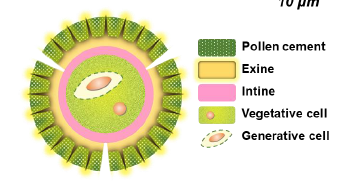
Turning Pollen Into Paper? Sponges? What else?
Scientists have found a way to turn pollen, one of the hardest materials in the plant kingdom, into a soft and flexible material, with the potential to serve as a ‘building block’ for the design of new categories of eco-friendly materials. (Click on title for full story.)
-

The Holy Grail Of Sports Turf: Controlling Weeds Without Herbicides
Results show that selective mechanical weed control is very effective when used weekly for common turfgrass weeds such as dandelion, as well as traditionally hard-to-control weeds such as clover and ground ivy. (Click on title for full story.)
-
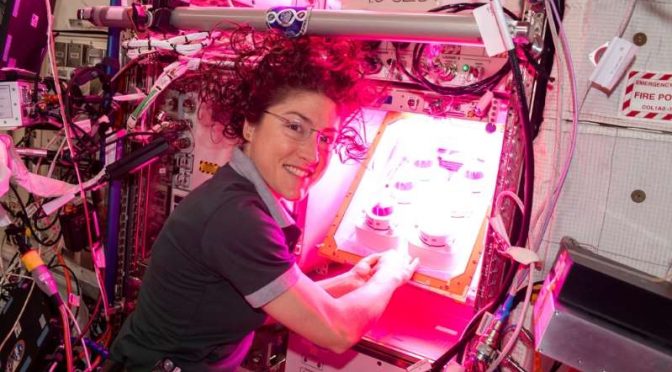
You Think You Have Trouble Knowing When To Water Your Plants? Ask An Astronaut.
So far, the plants in the experiments have drowned and dried up, so future success depends on hitting the Goldilocks just-right equilibrium. (Click on title for full story.)
-
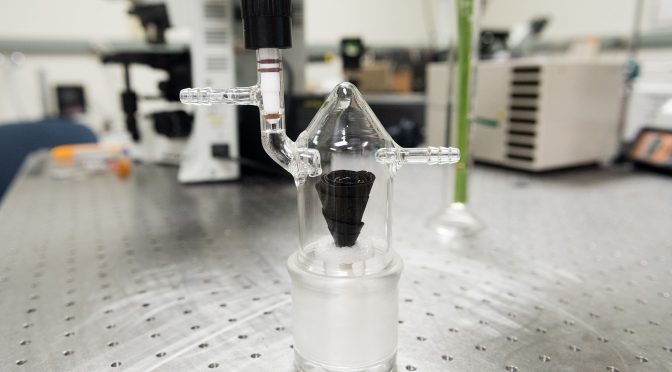
Rose Petals Inspire New Affordable Water Purification Technology
Although not about roses per se, “The Black Tulip” by Alexandre Dumas gave her the idea to try using a flower-like shape, and she discovered the rose to be ideal. Its structure allowed more direct sunlight to hit the photothermic material – with more internal reflections – than other floral shapes and also provided enlarged surface area for water vapor to dissipate from the material. (Click on title for full story.)
-
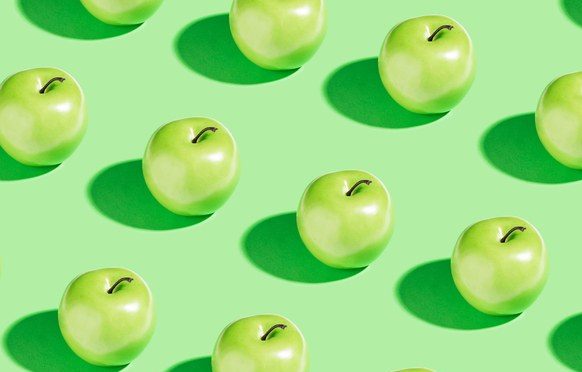
Automated Apple Orchards Are On Their Way. Good-Bye Farm-workers?
Now comes the apple-picking robot, a metallic farmer that just graduated from R&D and won a job in a New Zealand orchard. Its deployment may be limited at the moment, sure, but it’s a glimpse at a future in which hyper-specialized robots help feed our growing species. (Click on title for full story.)
-
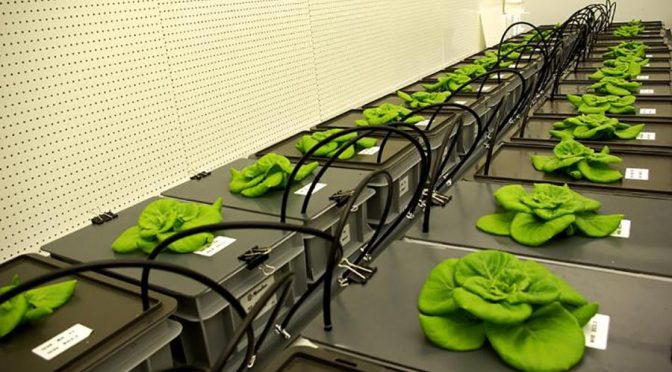
Salads In Space
“That’s the most exciting part of this study,”This system requires some level of gravity to control where the water is, hence the centrifuge.” (Click on title for full story.)
-
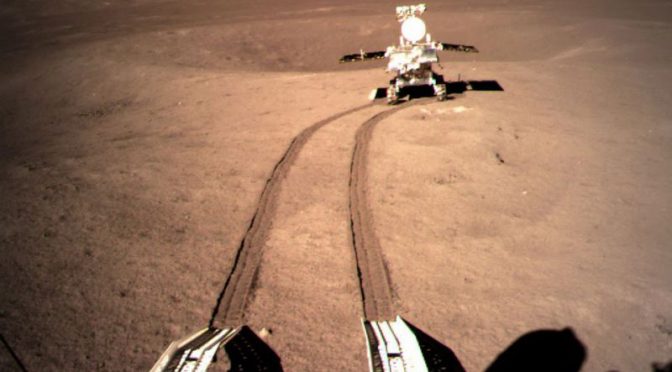
The First Dead Plant On The Moon
China announced earlier this week that a cotton seed on board Chang’e 4 had sprouted, marking the first time that biological matter had been grown on the moon (albeit inside a specialized container). But alas, just 24 hours later, officials at Chongqing University pronounced the cotton plant dead, (Click on title for full story.)
-
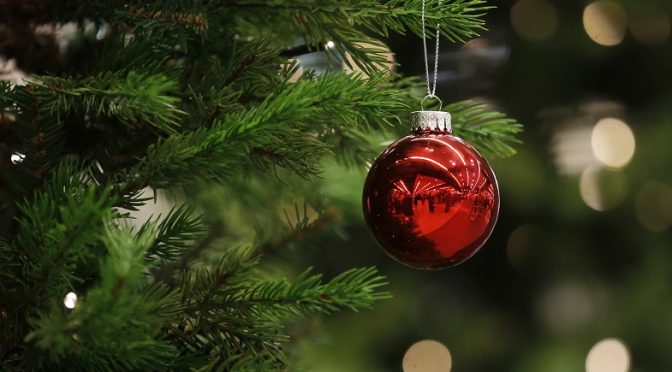
Soon Your Old Christmas Tree Might Be Transformed Into An Array Of Products
The process is sustainable and creates zero waste as the solid by-product can be useful too in other industrial chemical processes. Fresh trees and older, abandoned Christmas trees can both be used. (Click on title for full story.)
-
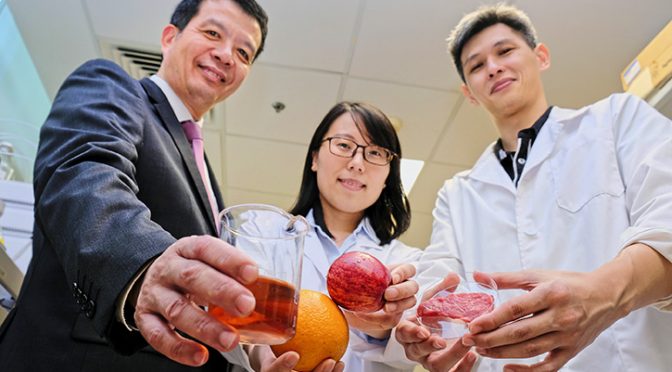
Plant-Derived Food Preservative Proves Itself
In tests carried out on meat and fruit juice samples, the organic preservative kept its samples fresh for two days without refrigeration, compared to commercial-grade artificial food preservatives.The experiment was conducted at room temperature (about 23 degrees Celsius) where the other food samples with artificial preservatives succumbed to bacteria contamination within six hours. (Click on title for full story)
-
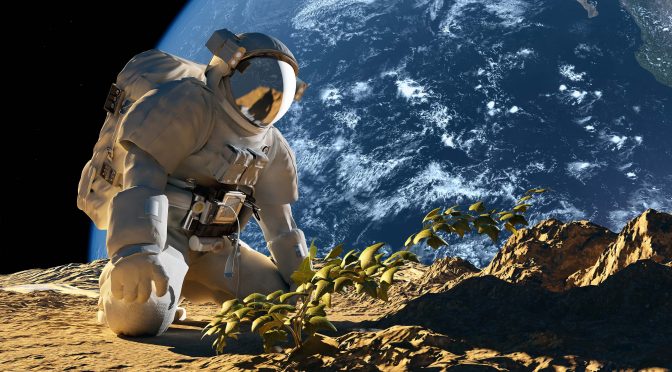
To Go Where No Tomato Has Grown Before: Plant Hormone Identified Which Will Enable Space Farming
The experiments revealed that microgravity hindered the mycorrhization and thus reduced the petunias’ uptake of nutrients from the soil. But the plant hormone strigolactone can counteract this negative effect. Plants that secreted high levels of strigolactone and fungi which the researchers had treated with a synthetic strigolactone hormone were able to thrive in the low-nutrient soil despite the microgravity conditions. (Click on title for full story.)
